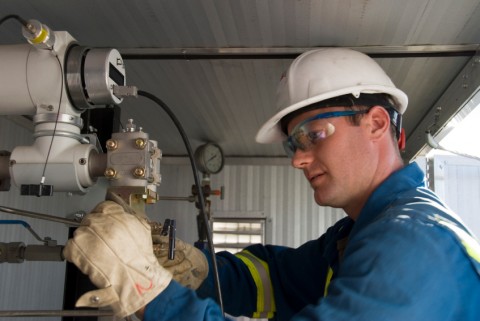Employers operating a GCS will establish and deliver internal processes and systems that ensure all employees receive ongoing technical briefings, training and assessment, to maintain their competencies to current standards. Evidence of continued competence is gathered from the workplace and other sources, over a five year period. Once current competence has been demonstrated, the employee receives certification from their employer and their place on the Gas Safe Register is renewed. The Scheme offers a robust framework that aligns with the employer’s existing legal requirements, in a more cost effective way.
For the first time, GCS will offer employers real choice in how they secure “matters of gas safety” reassessment for employees. It utilises a continuous professional development approach, rather than risking reliance on a snapshot assessment every five years.
Neil Robertson, Chief Executive of EU Skills, said:
“The employer-led, GCS model provides genuine choice for businesses with employees seeking renewal of their five year Gas Safe Certification. It is an opportunity for us to help establish consistent standards and improve efficiency across the sector. We estimate that, together with improved safety performance, a business with around 500 employees could realise cost savings of up to £1.5m over a five year period.
“EU Skills exists to provide effective skills solutions to our employers, and this scheme epitomises our commitment to deliver added value across the footprint.”
The GCS scheme has been developed following extensive dialogue with employers and stakeholders. It is based on a proven existing model used in the rail industry and follows a successful pilot involving a small number of employers including British Gas, Northern Gas Network and National Grid.
